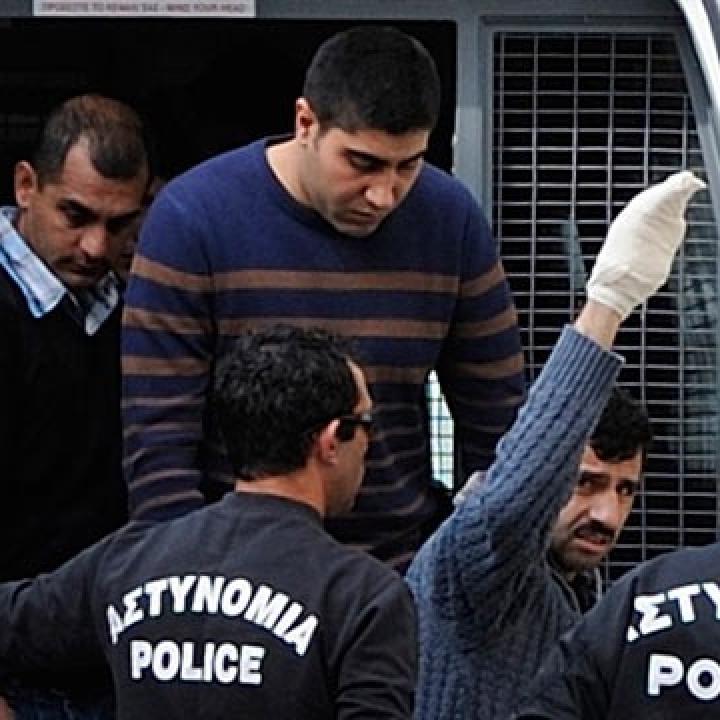

As Europe debates listing Hezbollah as a terrorist entity, Washington should propose more joint actions to step up pressure on the group.
On March 21, a Cypriot criminal court convicted dual Lebanese Swedish citizen Hossam Taleb Yaacoub of helping to plan attacks against Israeli tourists on the island last July. In their eighty-page decision, the judges rejected Yaacoub's defense that he collected information for Hezbollah but did not know what it would be used for; the court ruled there could be no "innocent explanation" of his actions. The decision is particularly important for European officials because the evidence has undergone full judicial scrutiny and cross-examination; the public airing of the evidence makes the conviction especially compelling.
The decision also comes on the heels of Bulgaria's investigation into the July bus bombing that killed five Israelis and a local in Burgas. Authorities concluded that two of the three suspects were men with Canadian and Australian passports who "belonged to the military formation of Hezbollah." Taken together, the Bulgarian and Cypriot cases present compelling evidence of the group's willingness to not only engage in fundraising and logistical operations in Europe, but also execute terrorist activities there.
Increasingly, the European debate over designating Hezbollah as a terrorist group no longer centers on whether its operatives engage in terrorist, criminal, and militant activities -- the consensus on those scores is now quite strong. Instead, it centers on whether designating a group that is also a duly elected political party in Lebanon would undermine stability in that deeply fractured country. European governments worry that a Hezbollah ban could increase threats to their peacekeeping troops among the UN Interim Force in Lebanon (UNIFIL). They are also concerned about losing political leverage over Hezbollah's political activities in Lebanon. For these reasons, the EU is unlikely to ban more than the group's military and terrorist wings, as distinct from its political arm, even though Hezbollah functions as a single unit under a clear, hierarchical structure.
But EU governments are slowly turning around to the idea that failing to respond would embolden Hezbollah and encourage the group to view Europe as a preferred space in which to operate unmolested. Last summer, at a time when Cyprus held the EU presidency, the island's foreign minister pledged, "Should there be tangible evidence of Hezbollah engaging in acts of terrorism, the EU would consider listing the organization." That last word -- organization -- is important because some in Europe would prefer to designate specific individuals without listing Hezbollah at all. That tactic is what one uses when one wants to do nothing except say that something has been done. Designating the organization itself -- in whole or in part -- is the only means of empowering countries to tackle Hezbollah's fundraising in Europe, ban its operatives from traveling on the continent, and conduct preemptive counterterrorism investigations into its activities.
The U.S. government has long been active in countering Hezbollah as best it could with limited help from Europe; to date, only Britain and the Netherlands have designated the group or its "wings." As the EU considers what additional steps to take in the wake of the latest verdict, Washington has an opening to press for joint action on a variety of issues. For instance, Hezbollah's recruitment of operatives with industrial-country passports (Australian and Canadian as well as European) provides a basis for closer intelligence cooperation against the group. Measures against Hezbollah fundraising would have much greater impact if taken by all industrial countries rather than in a piecemeal fashion. This is the time for U.S. officials to devise bold new steps for pressing Hezbollah, and to share these measures with their counterparts throughout the West.
Matthew Levitt is director of the Stein Program on Counterterrorism and Intelligence at The Washington Institute and author of the forthcoming book Hezbollah: The Global Footprint of Lebanon's Party of God. Over the past few weeks, he has visited several European capitals to discuss Hezbollah with EU officials.



